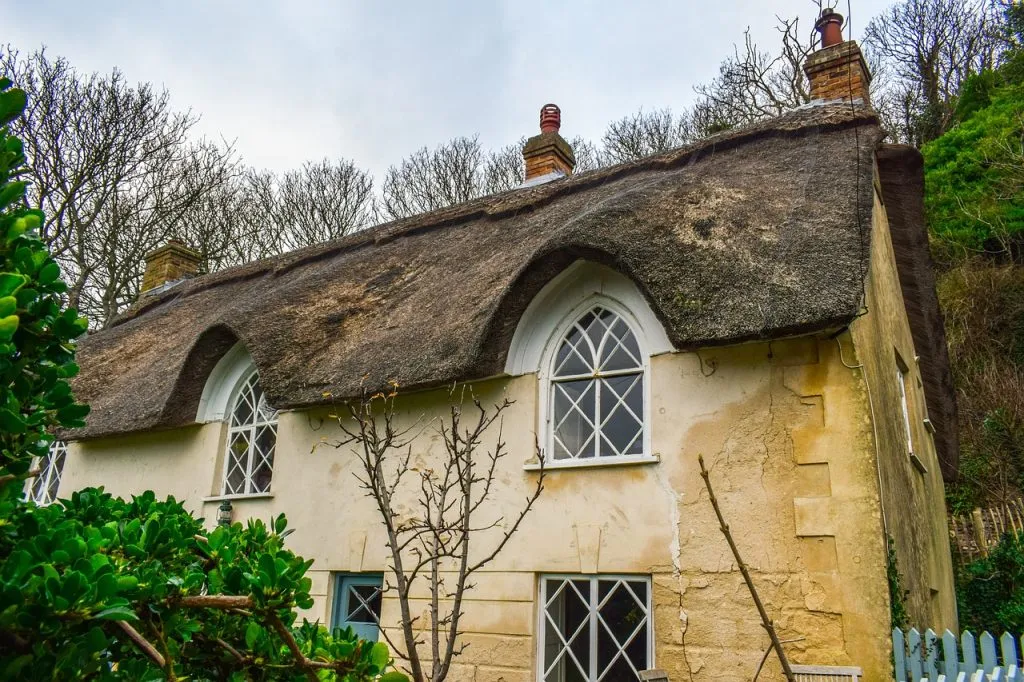Can I holiday let my property on a buy to let mortgage?

If you’re thinking about holiday letting your property on a buy-to-let mortgage… stop and think again.
Check the terms and conditions of your mortgage agreement.
That’s because the rules and regulations related to buy-to-let mortgages are specific and may not allow for short-term rentals. In fact, most of these mortgages are designed for long-term tenancies rather than holiday lets.
You’ll probably find the vast majority of buy-to-let mortgages won’t allow you to let that property out to short-term tenants.
Mortgage terms and conditions
When it comes to buy-to-let mortgages — the terms are designed to govern the use of your property and protect the interests of the lender. Within these terms, you’re likely to find restrictions on certain activities, such as short-term rentals.
That’s why you must review all these conditions carefully before changing the way you rent out your property.
Duration of short-term tenancies
When it comes to providing holiday lets to visitors on a short-term basis, the length of stay is what matters. Find out what the maximum duration of short-term tenancies that are permitted under the conditions of your buy-to-let mortgage.
In most cases, these tenancies are limited to a continuous period of 31 days or less.
This means renting out your property for shorter stays, such weekend getaways or even weeklong visits, may not comply with your mortgage agreement. Understanding these limits helps you avoid any problems with your lender if you’re seriously considering changing the way you rent out your property.

Lender’s preference for long-term tenants
Buy-to-let mortgages are primarily designed for long-term tenancies, where a consistent, stable rental income is generated over an extended period.
Lenders generally prefer borrowers who maintain long-term tenancy agreements rather than engaging in the kind of frequent turnover you get with holiday let arrangements.
Failing to stick to the conditions of you mortgage could result in serious penalties or even legal ramifications.
Potential risks and penalties
So, what are the consequences of breaking you mortgage agreement? If you choose to start short-term letting on a property with a buy-to-let – and you violate the terms of your mortgage agreement, it’s a breach of contract.
This could potentially result in financial consequences. These risks can include penalties, fines, or legal action. Mortgage fraud is a serious offence, and you could end up with a custodial sentence. Not to mention the potential damage to your credit rating.
It’s always a good idea to talk to your mortgage advisor or seek legal advice and make sure you fully understand the implications of letting your property on a buy-to-let mortgage. Being proactive and knowledgeable about your obligations can help you navigate the complexities of property letting and mitigate any potential negative outcomes.
Exploring holiday let mortgages
If you’re interested in holiday letting your property, it may be worthwhile to explore the option of a holiday let mortgage.
Unlike a buy-to-let mortgage, a holiday let mortgage is specifically designed for properties that are rented out on a short-term basis. Knowing about the nuances of this type of mortgage can help you decide whether it’s a more suitable option for your property.
Differences from buy-to-let mortgages
Holiday let mortgages differ from buy-to-let mortgages in several key aspects.
- They’re designed to permit short-term rentals to guests.
- They acknowledge the unique nature of holiday let rental income.
- Some of the criteria and requirements for a holiday let mortgage may vary from those of a buy-to-let mortgage.
- For example, they take into account the rental income projections, occupancy rates, and the importance of location.
Advantages and considerations of switching to a holiday let mortgage
Switching from a buy-to-let mortgage to a holiday let mortgage offers several potential advantages.
Firstly, it allows you to fully capitalise on the income-generating potential of your property by catering to the demand for holiday accommodation.
Holiday let rentals often command higher rental yields than a BTL in the same area, especially in popular tourist destinations. Additionally, holiday let mortgages can provide more flexibility in terms of personal use of the property during non-peak seasons, allowing you to enjoy your property for a certain amount of time each year.
Before applying for a holiday let mortgage, make sure you consider certain factors like:
- seasonality,
- rental demand fluctuations,
- any additional responsibilities associated with managing a holiday let property.
After you’ve looked at it from all angles, if you’d like to switch to a holiday let mortgage, it’s a good idea to work with a specialist advisor with expertise in this area.
A specialist advisor can provide valuable insights and guidance specific to holiday let mortgages, helping you navigate the complexities and make informed decisions. They can assess your individual circumstances, evaluate the financial viability of holiday letting, and guide you through the application process, ensuring that you meet the necessary criteria. They can also support your position if you need to look at planning permission, or other localised rules and regulations. Their expertise can help you maximise the benefits of a holiday let mortgage and minimise potential pitfalls so you can find the right deal for you
Get in touch and talk to one of our advisors to see if they can help you make an informed decision that aligns with your goals and financial objectives.

